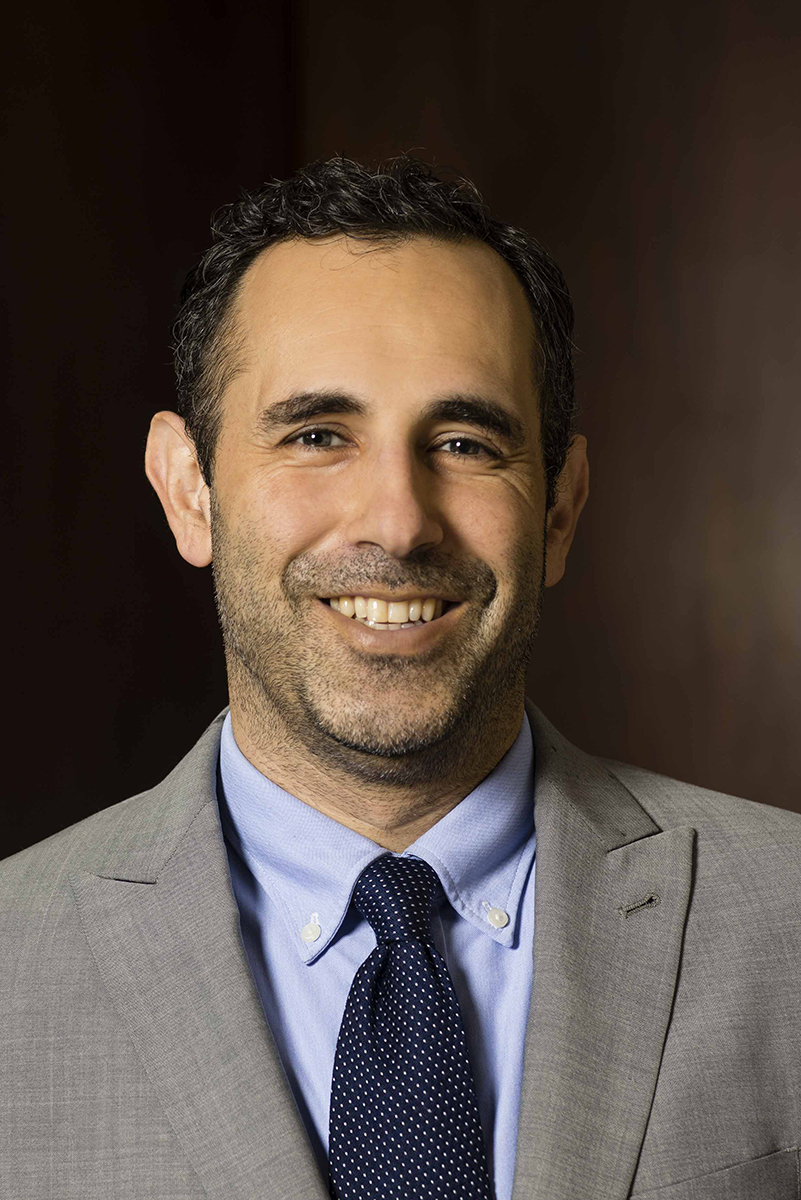By Peter F. Vaira, for the January 15, 2019 edition of The Legal Intelligencer newspaper
As I do every year at this time, I submit changes and events that I would like to see occur in the coming year in the courts, government agencies, federal and state legislatures and the law profession.
Congress should pass the First Step Act, a criminal justice reform bill that is now before the Senate. The bill proposes reforms to the federal criminal justice system and reduces some very punitive federal sentences. The president indicated that he will sign it. It is a realistic criminal justice reform that should continue as a bipartisan effort.
In light of the passage of the First Step Act, Congress and the Department of Justice (DOJ) should take steps to overhaul the Federal Sentencing Commission. The commission has outlived its original purpose of bringing uniformity to federal sentences. The passage of this act, and the fact that the sentencing guidelines are now only advisory, should cause a realistic review of the work and purpose of the commission. The law and procedures have changed, but the sentencing commission remains at its overweight size of over 90 personnel and an annual budget of 17 million dollars. It continues to add unrealistic maximum punishments to many crimes that are simply duplicative of other offenses. The end result is often maximum punishments, which are artificial references for the judges. The commission is one of those government agencies that was created for one purpose, but changes in the law or other conditions has made it far less important. It is similar to the now-defunct federal Interstate Commerce Commission and the current Philadelphia Department of License & Inspection (L&I).
The new U.S. Attorney General should take a hard look at the internal workings of the Department of Justice. Former DOJ attorneys and former FBI agents have made public statements that they are amazed by some of the actions of leaders of their former agencies in the last two years. He should appoint a committee of former members of the DOJ and the FBI to review procedures of supervising criminal investigations and other management issues. There is no need for law professors; utilize attorneys who know the real problems and issues the department must deal with regularly. For example, the relationships between Assistant Attorneys General in Washington and the U.S. Attorneys in the field are unique to those two organizations. Changes in those procedures can only realistically be suggested by persons who have dealt with those situations on a day-by-day basis.
The new attorney general should appoint a group of career attorneys from the U.S. Attorneys Offices in the field and main justice. When a prosecution team is needed to handle politically sensitive cases, it would be selected from this group. These are professionals who handle major investigations and prosecutions every day. The public and the bar are fed up with frequent calls for special prosecutors by both political parties every time a political figure is involved in a questionable transaction. At my request, both senators from Pennsylvania have forwarded this suggestion to the attorney general.
The Pennsylvania state Legislature should devote a realistic effort to amend the Pennsylvania Investigating Grand Jury Statute. Last year, after considering detailed proposed amendments submitted by members of the bar for over two years, the Judiciary Committee, in what is best described in boxing terms, “took a dive.” It held a 30-minute perfunctory hearing on the subject, attended only by the chairman of the committee, and several days later the committee quietly dropped consideration of the subject. The statute needs serious revision. The Supreme Court can make only certain procedural changes in its administrative oversight of criminal procedure. Major changes must be made to the statute itself by the legislature.
Formulation and publication of a Pennsylvania grand jury procedure is long overdue. The federal grand jury, although not a monument to civil rights, is governed by well-known procedure contained in published regulations and rules, and is followed by the courts, prosecutors, and defense lawyers. Court decisions regarding grand jury issues are published. Prosecutors and defense lawyers have clear guidance in handling matters. There is no Pennsylvania grand jury procedure, although there has been elected attorneys general since 1980 who should be responsible for providing such a procedure. Instead, prosecutors make conflicting proposals to grand jury judges depending upon the particular grand jury judge they appear before, and what they feel might work on that particular day. The conflicting procedures now in use cannot continue.
The Philadelphia Department of L I should be removed from city government and dissolved. L&I is still in operation despite a report by a special Investigating commission, created by Mayor Michael Nutter, which recommended that it be completely removed from city government. No credible evidence has been advanced for its continuance since the issuance of the report.
Put one in the win column. In my March 12, 2018 Legal Intelligencer column, I concluded that a grand jury report, when issued by a Pennsylvania state grand jury pursuant to 42 Pa.C.S.A. 4552 without an accompanying criminal charge, is a violation of Pennsylvania’s Constitutional Right to Personal Reputation. At the time, there was much publicity concerning a series of court decisions regarding personal rights of certain persons named in the grand jury report from the investigation of sexual abuse in the Catholic Dioceses. On Dec. 3, 2018, the Pennsylvania Supreme Court, in a 6-1 decision, ruled that such reports were violative of the due process clause of the Pennsylvania Constitution. That pretty much ended any future issuance of grand jury reports without criminal charges. The grand jury’s purpose remains that of determining whether probable cause exists to charge someone with a crime. The grand jury, which is not an official part of the legislative, executive or judicial branches of Pennsylvania government, is not equipped to be a social commentator.
Peter F. Vaira is a member of Greenblatt, Pierce, Funt & Flores. He is a former U.S. attorney, and is the author of a book on Eastern District practice that is revised annually. He can be contacted at p.vaira@gpfflaw.com.





